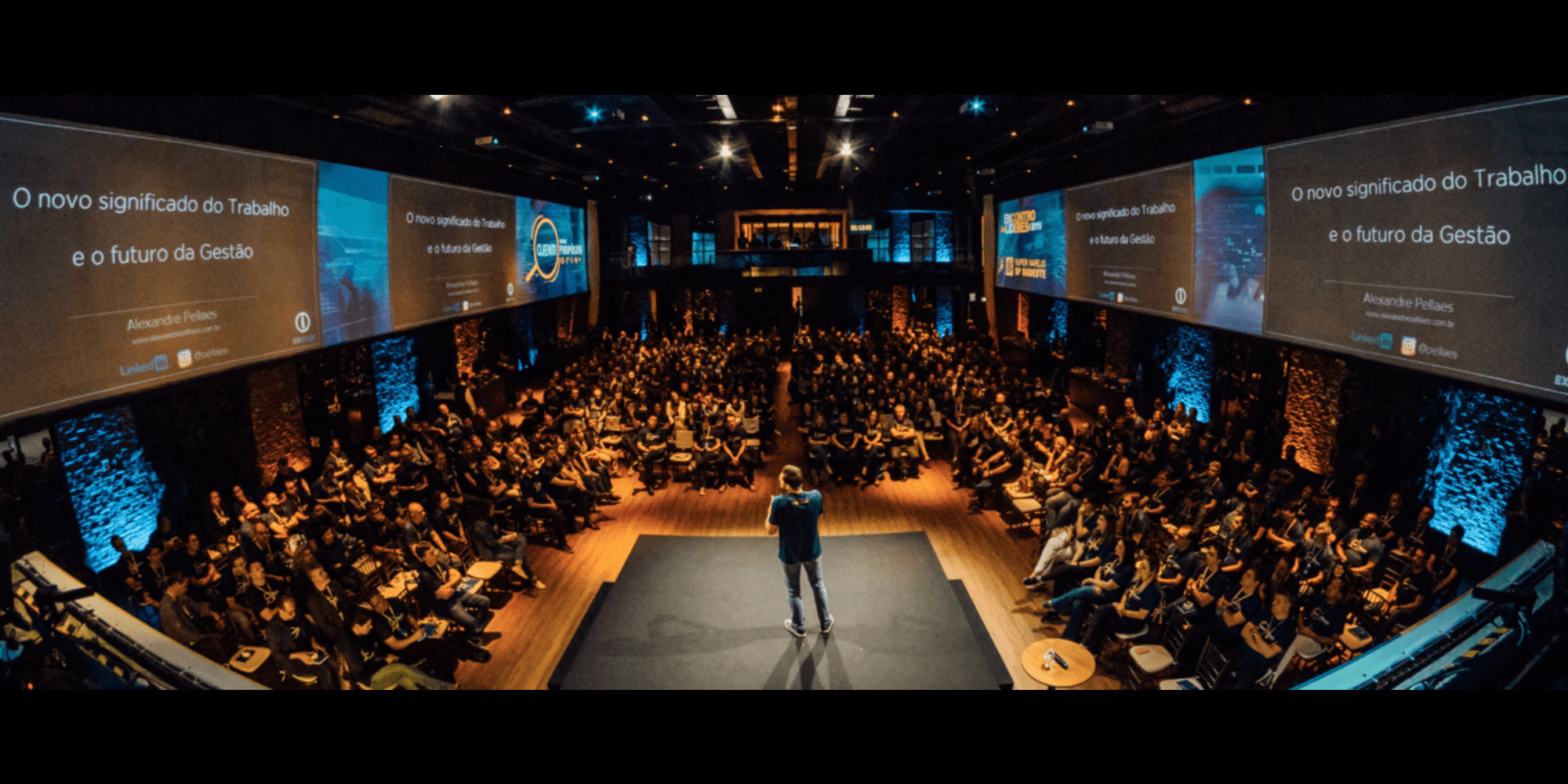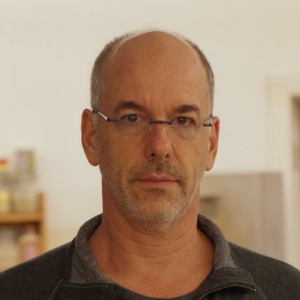The first in Profectum Foundation’s conference webcast series presents the recorded sessions from Profectum Foundation’s inaugural regional training conference held in New York City on September 25, 2011. The conference welcomed parents, clinicians, educators, early intervention specialists and others interested in broadening their understanding of DIR® and the Floortime model, with other integrated treatment approaches. Lecture, dialogue, video clips, case presentations and workshops illustrated real life challenges and how parents and professionals use real world solutions to realize each child’s potential. The morning Plenary Sessions featured acclaimed leaders in the autism treatment community, including Serena Wieder, PhD (coauthored Engaging Autism and The Child with Special Needs with Stanley Greenspan, MD) and Ricki Robinson, MD MPH (author of Autism Solutions). Fourteen Workshops in the afternoon featured a variety of introductory and advanced topics geared for parents and professionals, featuring nationally and internationally known clinicians and educators.
This Conference is available as Webcast Series here.

Tal Baz, MS, OTR/L
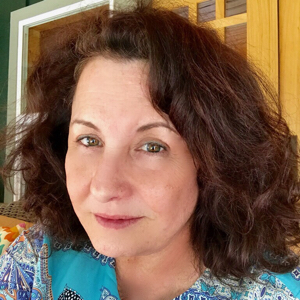
Lisa DeFaria, MSW, LICSW, BCD

Cuong Do
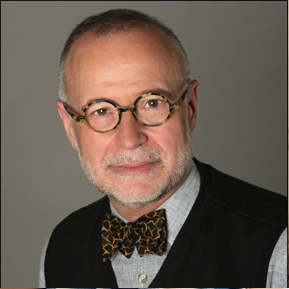
Gilbert Foley, EdD, IMH-E

Sima Gerber, PhD, CCC-SLP

Cindy Harrison, MSc Reg CASLPO
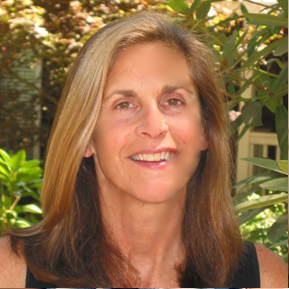
Barbara Kalmanson, PhD

Monica Osgood, MA

Ricki Robinson, MD, MPH

Ruby Salazar, LCSW, BCD
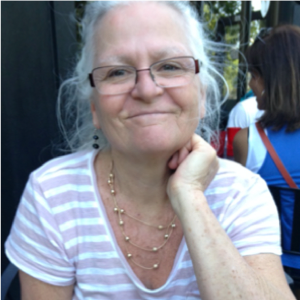
Rosemary White, OTR/L

Serena Wieder, PhD
